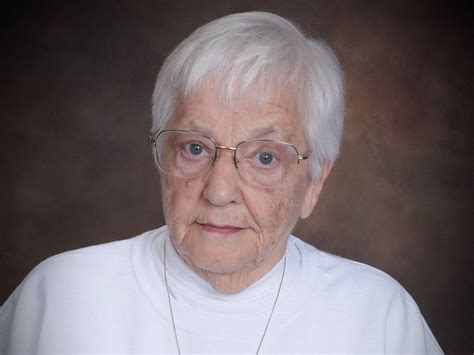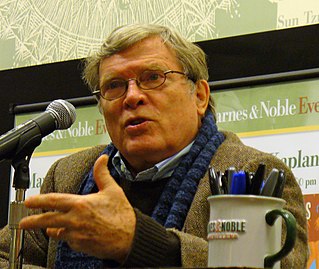A Quote by Paul Auster
You see, the interesting thing about books, as opposed, say, to films, is that it's always just one person encountering the book, it's not an audience, it's one to one.
Related Quotes
If you want to write about a person who isn't nice, people say, "This is a bad book. It's about somebody I couldn't stand." But that's not the point. You don't have to like a character to like a book. Most of the time, people would misjudge and say, "I didn't like the book." No, you didn't like the character. That doesn't make it any less interesting of a book. In fact, to me, it makes it more interesting.
I'd say the purest experience for the movie is not to have read the book because I think when you've read the book you're just ticking off boxes. I think that after you see the movie, reading the book is a cool thing. I always say the movie's not meant to replace the book. That's ridiculous. I'm a huge fan of the book.
With a book, you're guaranteed the audience has a certain skill level and that the audience has to make an ongoing effort to consume this product and that the project is being consumed by just one person at a time. I really want to play to that strength because it's one of the few advantages books still have.
Most great filmmakers are good at place. Like how people say, like, "The city itself is a character in the movie," you know? I'm so interior. I always forget there's such a thing as an exterior wide shot, where you can see where someone is. As opposed to just: how can we show what this person is thinking, in an abstract way that is felt?
I don't change the language for children books. I don't make the language simpler. I use words that they might have to look up in the dictionary. The books are shorter, but there's just not that much difference other than that to be honest. And the funny thing is, I have adult writer friends [to whom I would say], "Would you think of writing a children's book?" and they go, "No, God, I wouldn't know how." They're quite intimidated by the concept of it. And when I say to children's books writers, would they write an adult book, they say no because they think they're too good for it.
When you're writing a book, with people in it as opposed to animals, it is no good having people who are ordinary, because they are not going to interest your readers at all. Every writer in the world has to use the characters that have something interesting about them, and this is even more true in children's books.


































